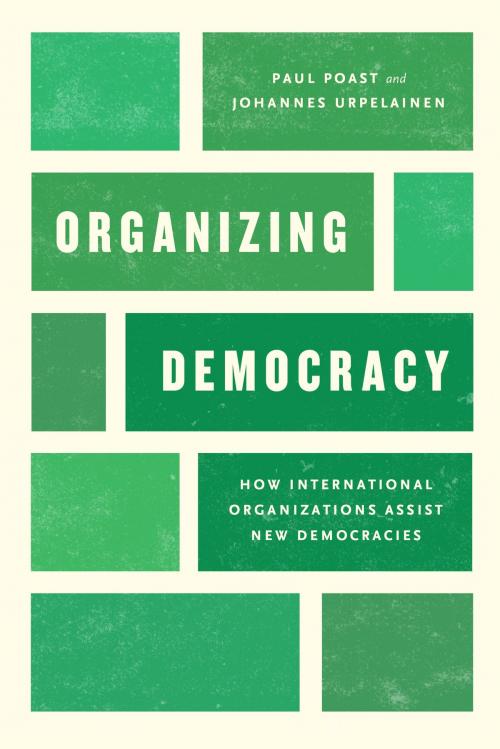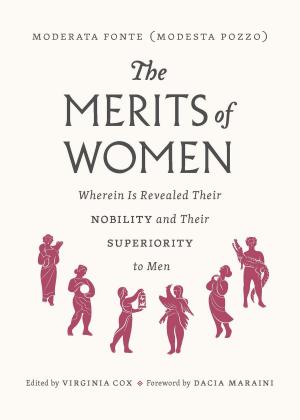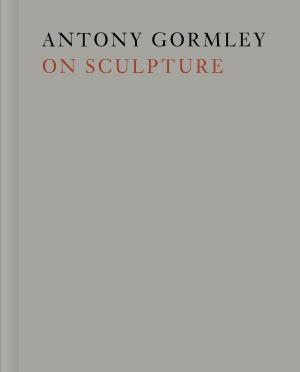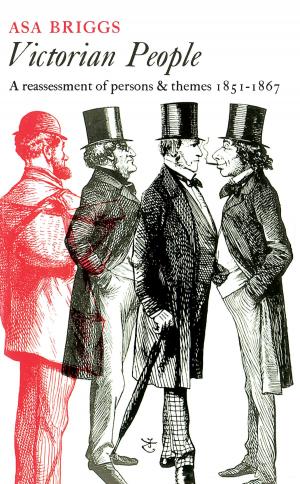Organizing Democracy
How International Organizations Assist New Democracies
Nonfiction, Social & Cultural Studies, Political Science, Government, Democracy, International, International Relations| Author: | Paul Poast, Johannes Urpelainen | ISBN: | 9780226543512 |
| Publisher: | University of Chicago Press | Publication: | April 23, 2018 |
| Imprint: | University of Chicago Press | Language: | English |
| Author: | Paul Poast, Johannes Urpelainen |
| ISBN: | 9780226543512 |
| Publisher: | University of Chicago Press |
| Publication: | April 23, 2018 |
| Imprint: | University of Chicago Press |
| Language: | English |
In the past twenty-five years, a number of countries have made the transition to democracy. The support of international organizations is essential to success on this difficult path. Yet, despite extensive research into the relationship between democratic transitions and membership in international organizations, the mechanisms underlying the relationship remain unclear.
With Organizing Democracy, Paul Poast and Johannes Urpelainen argue that leaders of transitional democracies often have to draw on the support of international organizations to provide the public goods and expertise needed to consolidate democratic rule. Looking at the Baltic states’ accession to NATO, Poast and Urpelainen provide a compelling and statistically rigorous account of the sorts of support transitional democracies draw from international institutions. They also show that, in many cases, the leaders of new democracies must actually create new international organizations to better serve their needs, since they may not qualify for help from existing ones.
In the past twenty-five years, a number of countries have made the transition to democracy. The support of international organizations is essential to success on this difficult path. Yet, despite extensive research into the relationship between democratic transitions and membership in international organizations, the mechanisms underlying the relationship remain unclear.
With Organizing Democracy, Paul Poast and Johannes Urpelainen argue that leaders of transitional democracies often have to draw on the support of international organizations to provide the public goods and expertise needed to consolidate democratic rule. Looking at the Baltic states’ accession to NATO, Poast and Urpelainen provide a compelling and statistically rigorous account of the sorts of support transitional democracies draw from international institutions. They also show that, in many cases, the leaders of new democracies must actually create new international organizations to better serve their needs, since they may not qualify for help from existing ones.















